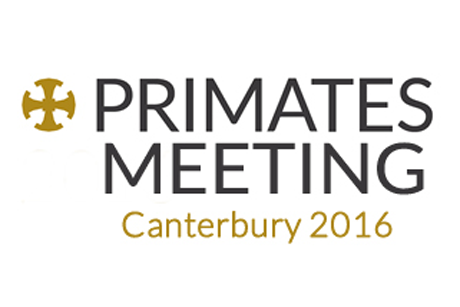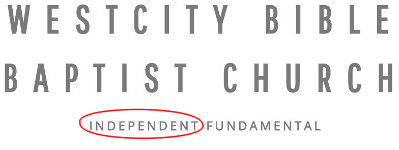NOTE: I am about to slowly make my return to regular blogging, and I have a number of partially-written pieces that I will finish and publish first. I wrote most of this article some time ago, shortly after the Ashley Madison website, which promotes extramarital affairs, was hacked and personal details of members were leaked to the public.
I defend child molesters and adulterers. You should too, depending on what you’re defending them from.
In the past, I’ve upset people by denying that you have the moral right to kill a child molester in retribution for what they’ve done.
Some of the same people who (I think) want to see themselves in Jesus’ sandals as he stood between the adulterer and the accusers, saying “let he who is without sin cast the first stone,” have been having far too much fun in the stoner mob when this or that Christian has confessed to having an Ashley Madison account. I wonder what degree of satisfaction they will have gained from the suicide of John Gibson. Hey, you didn’t actually throw a stone, so you’re all good, right?










